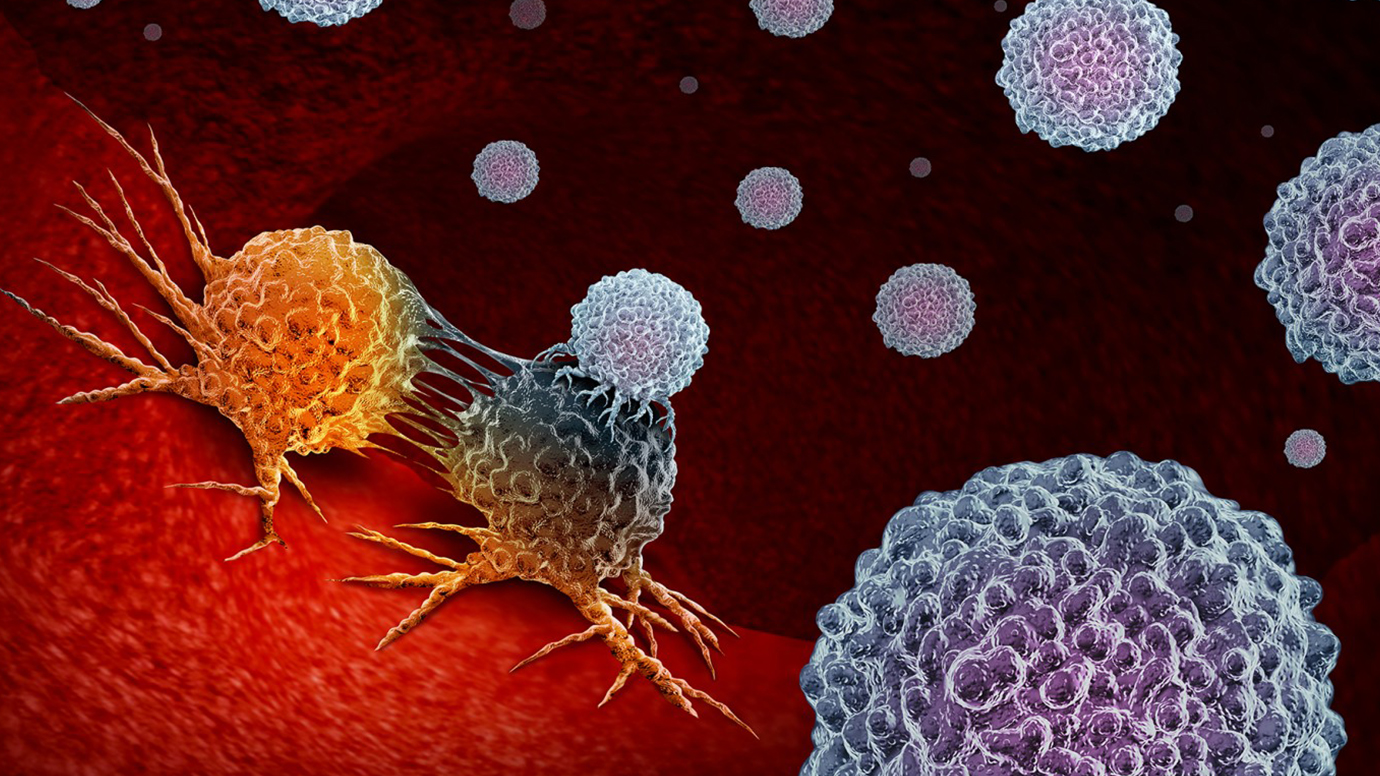

Session 08 on Cancer Pathophysiology
Cancer pathophysiology is the study of the underlying physiological changes and processes that occur in cancer cells and how they contribute to the development, progression, and spread of cancer. It involves understanding the mechanisms by which normal cells become transformed into cancer cells, and how cancer cells acquire the ability to evade the immune system, invade surrounding tissues, and metastasize to distant organs.
Cancer pathophysiology also encompasses the study of the tumor microenvironment, including the interactions between cancer cells and their surrounding stromal cells, extracellular matrix, and blood vessels. It involves investigating the molecular pathways that are dysregulated in cancer cells, including mutations in oncogenes and tumor suppressor genes, alterations in DNA repair mechanisms, and aberrant signaling pathways.
The goal of cancer pathophysiology research is to deepen our understanding of the biological mechanisms that drive cancer development and progression, with the ultimate aim of identifying new targets for cancer treatment and developing more effective therapies.
Sub Tracks: